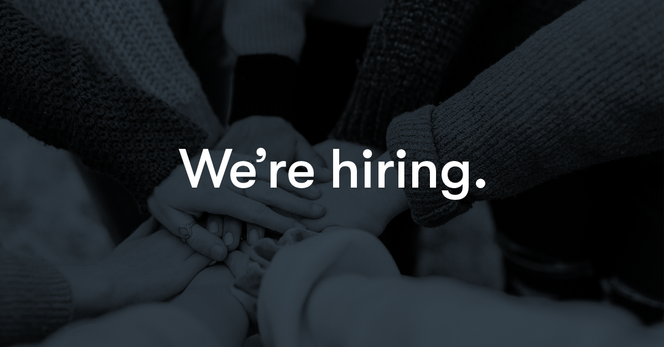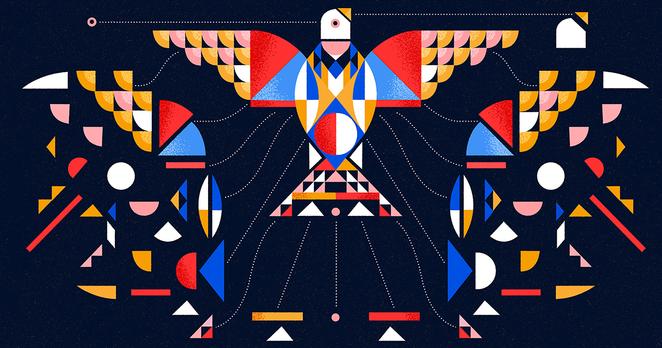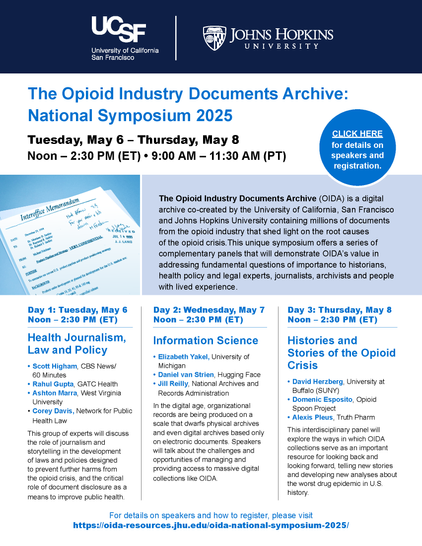JOB: The Smithsonian is hiring a Data Management Specialist (IS-2210-13) in DC! Join the Office of the Chief Information Officer to lead data-driven innovation across museums, libraries & archives. Salary: $120K–$156K. Deadline: April 28 (or once 150 apps received).
Apply now: https://trustcareers.si.edu/postings/727e7660-813d-47bf-b147-188d33b3fec3
#SmithsonianJobs #DataManagement #LinkedData #DigitalHeritage #ITjobs #MuseumTech #DCjobs #DigitalHumanities #InformationScience




